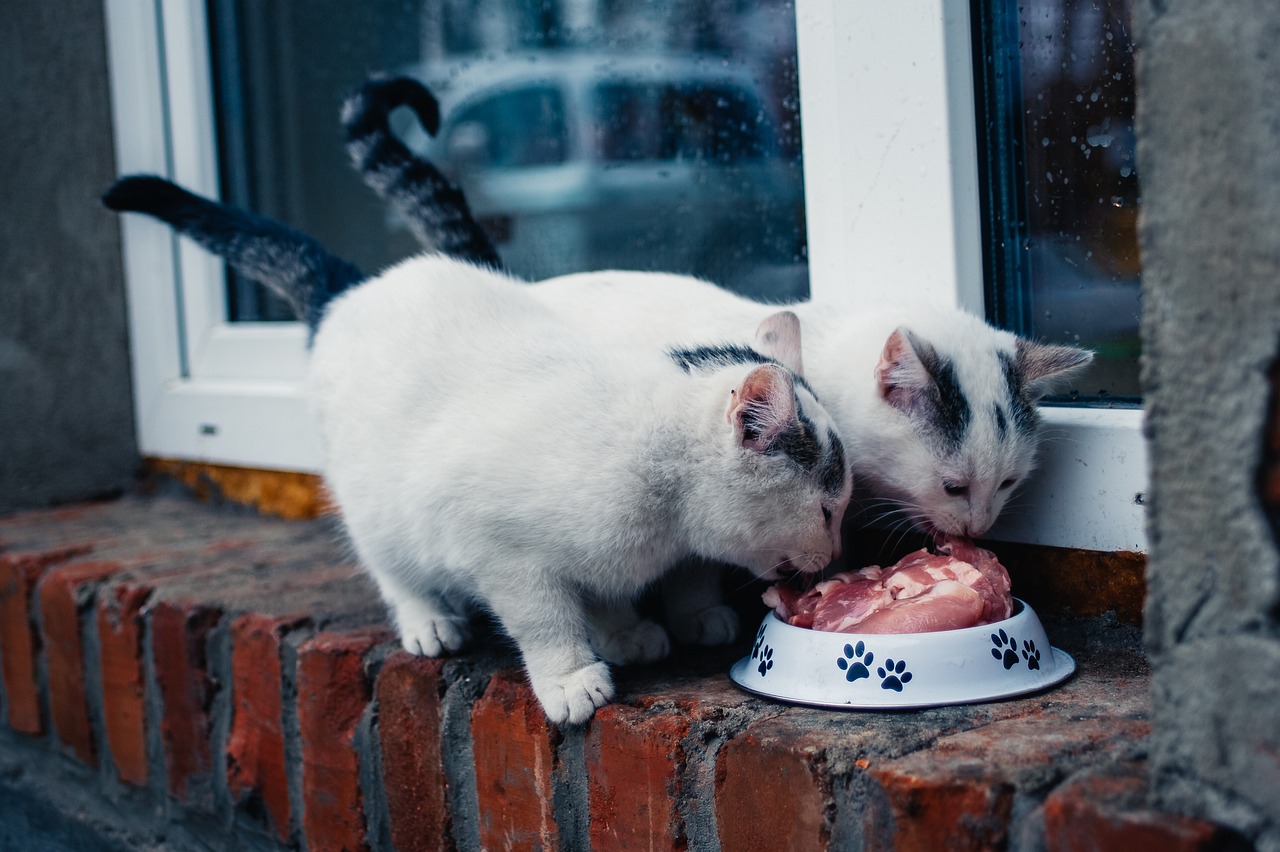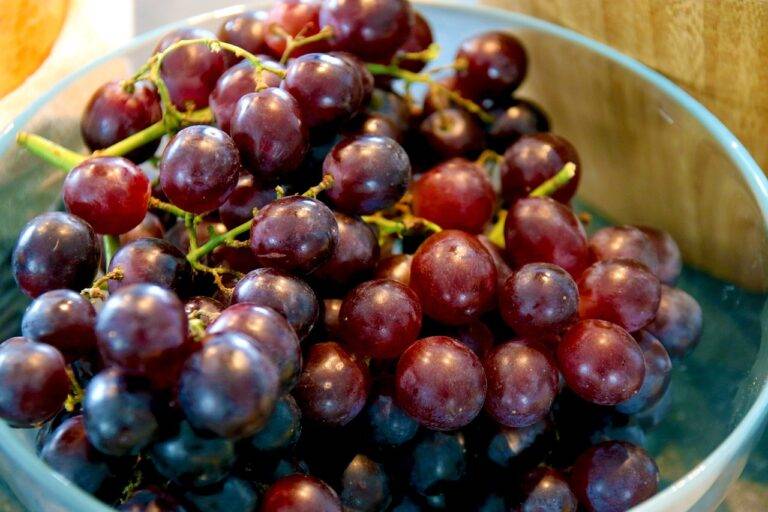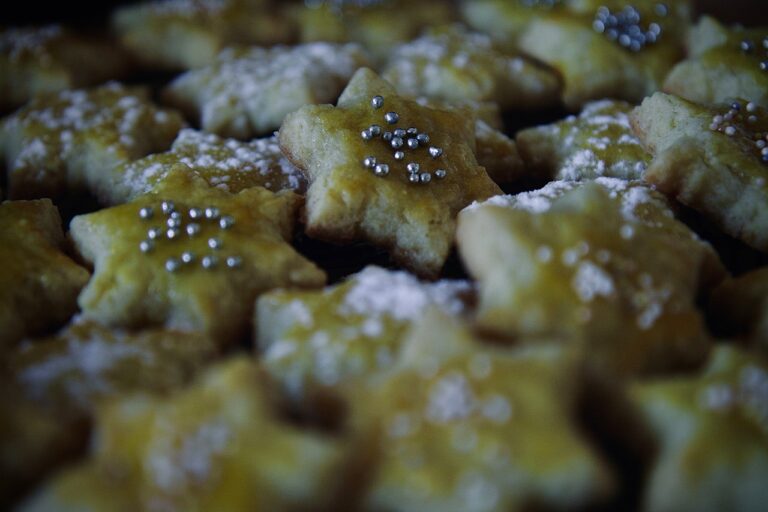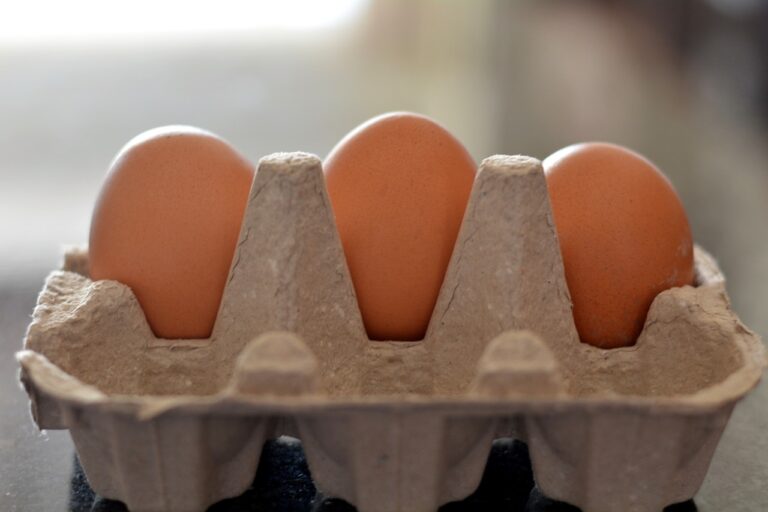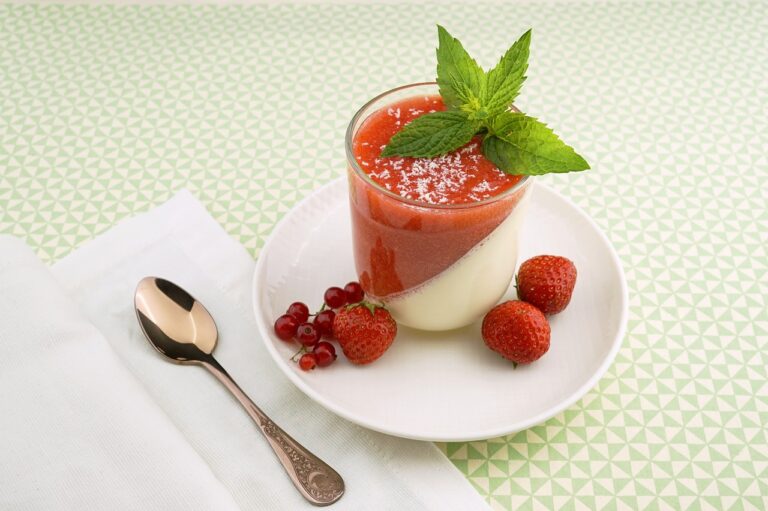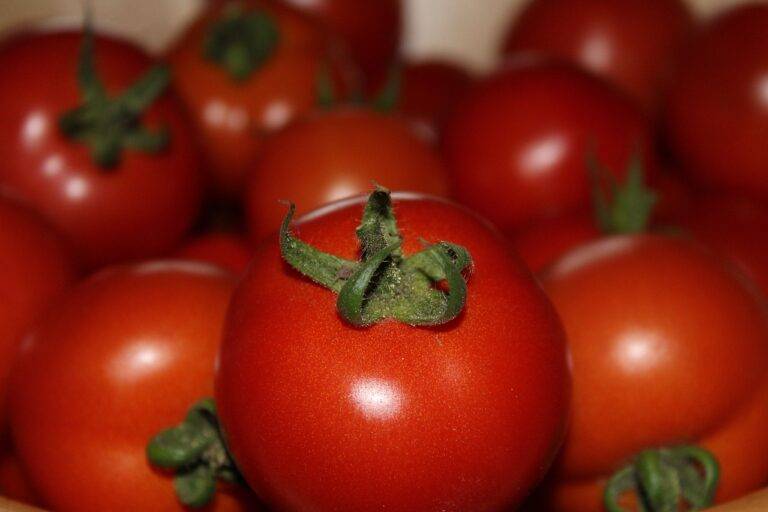The Role of Preservatives in Commercial Jam Production: 99 exch sign up, Lotus 365.io, Play exch.in
99 exch sign up, lotus 365.io, play exch.in: Preservatives play a crucial role in the commercial jam production process, ensuring that the product remains safe for consumption over an extended period. Without preservatives, jams would spoil quickly, leading to food waste and potentially harmful bacterial growth. In this article, we will delve into the importance of preservatives in commercial jam production, exploring their functions, types, and regulatory considerations.
The Role of Preservatives in Commercial Jam Production
Preservatives are essential ingredients in jam production as they help to extend the shelf life of the product by inhibiting the growth of microorganisms such as bacteria, yeast, and mold. They work by creating an environment that is hostile to these organisms, preventing them from multiplying and causing spoilage. Without preservatives, jams would be susceptible to contamination and spoilage, leading to potential health risks for consumers.
Types of Preservatives Used in Jam Production
There are several types of preservatives commonly used in commercial jam production, each serving a specific purpose. Some of the most commonly used preservatives in jam production include:
1. Citric Acid: Citric acid is a natural preservative derived from citrus fruits such as lemons and limes. It helps to lower the pH of the jam, creating an acidic environment that inhibits the growth of harmful microorganisms.
2. Potassium Sorbate: Potassium sorbate is a synthetic preservative that is effective against mold and yeast. It is commonly used in jams to prevent spoilage and extend shelf life.
3. Sodium Benzoate: Sodium benzoate is another synthetic preservative commonly used in jam production. It is effective against bacteria and molds, helping to preserve the quality of the product.
4. Ascorbic Acid: Ascorbic acid, also known as vitamin C, is a natural antioxidant that helps to prevent oxidation and preserve the color and flavor of the jam.
Regulatory Considerations for Preservatives in Jam Production
The use of preservatives in jam production is regulated by food safety authorities to ensure that consumer health and safety are protected. In the United States, the Food and Drug Administration (FDA) sets limits on the use of preservatives in food products, including jams. Food manufacturers must comply with these regulations to ensure that their products are safe for consumption.
FAQs
1. Are preservatives safe to consume in jam?
Yes, when used in accordance with regulatory guidelines, preservatives are safe to consume in jam. They help to prevent spoilage and ensure the product remains safe for consumption over an extended period.
2. Can I make jam without preservatives?
While it is possible to make jam without preservatives, the shelf life of the product will be significantly reduced. Without preservatives, jams are more susceptible to spoilage and should be consumed within a short period.
3. Are natural preservatives better than synthetic preservatives?
Both natural and synthetic preservatives are approved for use in food products, including jams. The choice of preservative depends on factors such as cost, availability, and effectiveness in inhibiting microbial growth.
In conclusion, preservatives play a vital role in commercial jam production, helping to extend the shelf life of the product and ensure its safety for consumption. By understanding the functions, types, and regulatory considerations of preservatives, food manufacturers can produce high-quality jams that meet consumer expectations for taste, quality, and safety.

